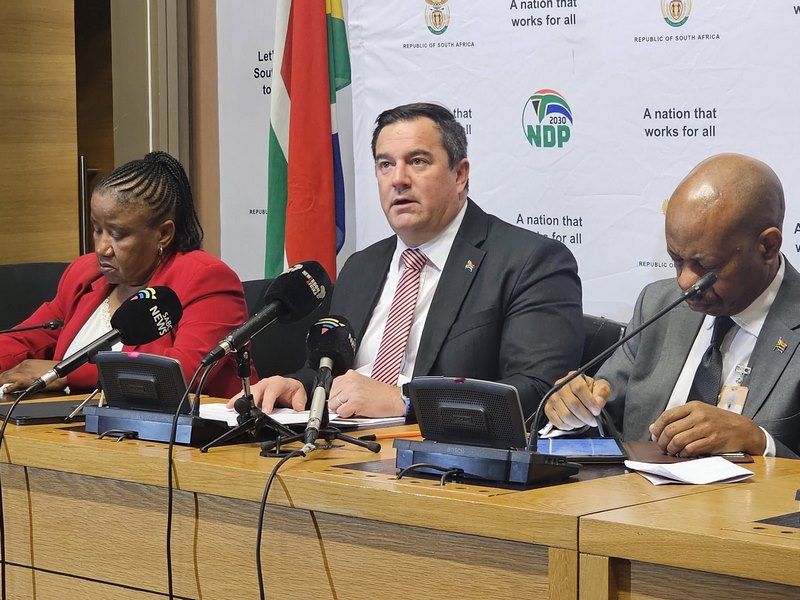On 1 September 2025, Minister of Agriculture John Steenhuisen announced important progress in the fight against Foot and Mouth Disease (FMD). He confirmed that the Eastern Cape, which suffered serious outbreaks in 2024, has not reported any new cases this year. The Disease Management Area in the province was officially lifted on 4 July 2025, though final testing of quarantined farms continues. Limpopo, another former hotspot, is also free of outbreaks, with restrictions lifted at the same time.
The Minister credited this success to the “dedication and partnership” of farmers, veterinary services, and agricultural organizations who ensured compliance with strict quarantine and movement controls.
Provinces Remaining Free of Disease
Both the Northern Cape and the Western Cape remain completely free of FMD. Steenhuisen stressed that this status is fragile, and depends on farmers and livestock owners rigorously following movement restrictions and biosecurity requirements. “Infection is most often spread through livestock movement,” he said, “and producers must play their part in keeping these provinces safe.”
Scale of the Current Outbreaks
Despite progress in some regions, the national situation remains serious. As of today, South Africa is grappling with 274 unresolved outbreaks:
- KwaZulu-Natal: 180
- Gauteng: 54
- North West: 26
- Mpumalanga: 9
- Free State: 5
The disease has spread across all farming systems, from commercial beef and dairy herds to feedlots and communal cattle. In KwaZulu-Natal, the outbreaks have continued to spread westward, with confirmed cases in Dundee, Dannhauser, Newcastle, Alfred Duma, Okhahlamba, uMshwathi, eDumbe, and eMadlangeni municipalities. Transmission into Mpumalanga earlier this year was linked to an auction in February.
Vaccination Efforts Strengthened
To combat these outbreaks, the Department of Agriculture procured 900,000 vaccine doses from Botswana, worth R72 million. Half of these doses arrived in June and were used in six provinces, while the remaining 400,000 arrived just over a week ago. Of these, 50,000 doses have already been distributed, with the rest directed specifically to outbreak areas in the Free State, Mpumalanga, North West, and Gauteng.
Looking ahead, a domestic vaccine production facility is set for commissioning in March 2026, with an annual capacity of 150,000–200,000 doses.
Bosberaad: Building a Resilient System
In July, a major Bosberaad brought together over 400 stakeholders from government, research, and industry. Delegates rejected declaring FMD endemic, warning of devastating trade and economic consequences. Instead, they endorsed combining stronger existing controls with the Progressive Control Pathway (PCP)—a step-by-step plan to restore South Africa’s FMD-free status.
Immediate actions include scaling up vaccine production, improving livestock identification and traceability, expanding diagnostic capacity, running awareness campaigns, and pursuing legal reforms and sustainable funding. Longer-term plans involve infrastructure investment, regional cooperation, and consistent support for veterinary research.
Industry–Government Task Team
Steenhuisen confirmed the formation of an Industry–Government Task Team on animal disease prevention and control. It will include leading veterinarians, researchers, and industry representatives. The task team will advise value-chain roundtables and ensure coordination across provinces and farming sectors.
A Call for Farmer Responsibility
The Minister ended with a stern warning. Reports of farmers moving or secretly treating sick cattle are “deeply concerning and irresponsible,” he said. Such actions break the law and risk cementing FMD as endemic in South Africa.
“All livestock farmers must cooperate with veterinary officials, report suspected cases immediately, and refrain from moving animals showing clinical signs,” Steenhuisen emphasized. “Biosecurity is everyone’s responsibility. Only through collective discipline and cooperation can we secure the future of South Africa’s livestock industry.”
